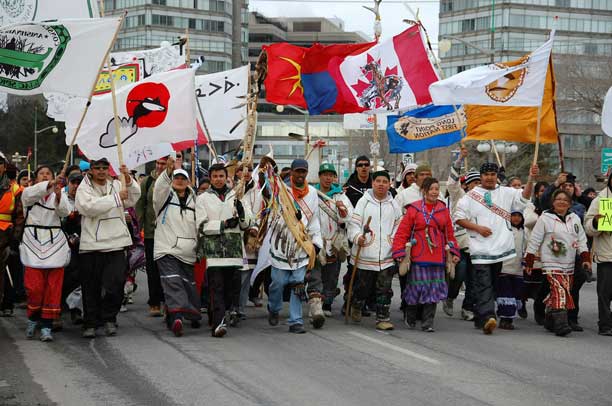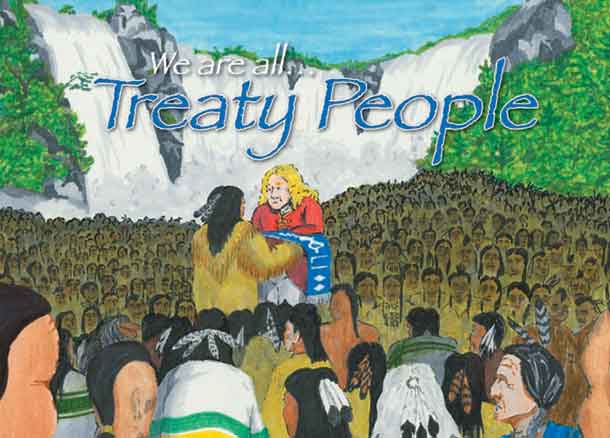
THUNDER BAY – Politics – For many Canadians, Labour Day acts as a significant marker during the year – the end of the summer, the beginning of a school year, and a long weekend to boot. It should however also be seen as a day of celebration of workers’ rights that most of us take for granted throughout the year.
The first Monday in September holds a rich history that amounts to far more than a day of transition in the school year. This year I would like recall and pay tribute to the tireless efforts of trade and labour union members who have risked their own jobs and even imprisonment to fight for the freedom of association and tolerable work hours. Many of the rights we take for granted today in our places – such as a 40-hour work week, equal pay for equal work, and the minimum wage – are thanks to the early struggles and perseverance of unions and their members against difficult odds.
Whereas strikes or protests today by employees can and often lead to meaningful and sustainable compromises between workers and employers today, the antiquated laws of the past made similar actions not only unwelcome but illegal. Before the Trade Unions Act was put into law on June of 1872 our criminal laws made it so that any activity by a trade union which obstructed or placed restraint on trade (ie: a strike or walkout) would be considered a criminal conspiracy. As you can imagine, obstruction or restraint on trade was as loosely defined as possible – an ambiguity that weighed heavily in favor of employers. Even then Conservative Prime Minister Sir John A. Macdonald, stated that the existing labour laws were; “too oppressive to be endorsed by free men,” while debating against them in the House of Commons as he tabled the Trade Unions Act.
In spite of the many political and legal challenges they faced labour and trade union membership continued to grow in throughout the second half of the 1800’s. Throughout this period the relations between unionized workers and their employers were civil, even positive, to the extent where employers were invited to attend union meetings and annual celebrations and they frequently took a more proactive approach to improving conditions in the workplace. Though their membership continued to grow during this period unions of all kinds still faced some daunting challenges. During the 1860s the number of unionized workers increased significantly as did the number of strikes and job actions that they carried out, which in turn lead governments to crack down on the increasingly popular unions and their members.
While Labour Day serves as a commemoration for the risks taken and the hard work put carried out by all union groups in the past, the roots of the holiday in Canada can be traced to the Toronto Trades Assembly. On the 25thMarch 1872, the Toronto Typographical Union held a strike in protest of arduous work weeks, with the hopes of reducing work days to nine hours. In a display of solidarity the Toronto Trades Assembly organized a mass demonstration, in which ten thousand workers took part. The demonstration resulted in the arrest of fourteen members who were charged with conspiracy in the restraint of trade.
All of the accused in the TTU strike of 1872 were deemed guilty, but in light of what seemed like an exercise in futility, both the Trade Unions Act and the Criminal Law Amendment Act were tabled in Parliament on the 7th May 1872, the same day as the court hearing. Both Acts were given Royal Assent on the 14th June 1872, providing recognition and improved safety for trade unions. Protests and demonstrations, however, still persisted, most notably, the protest held that same year on September 3 when labourers spoke up against the fourteen who were arrested. Eight years later Labour Day come to be an official holiday celebrated on the first Monday in September each year.
We owe many thanks to the work and sacrifices made by unions and their membership over the years, as the minimum wage, overtime pay, workplace health and safety standards, vacation pay, parental leave all are rights today that were delivered by the courage and hard work of the labour movement in Canada. Their struggle and well deserved victories will continue to be remembered, and I hope you will celebrate them with me this year and every year on Labour Day.















